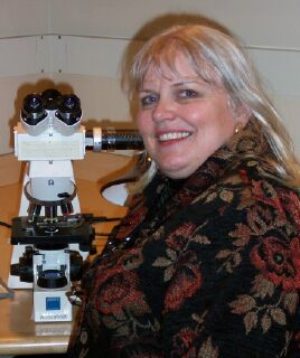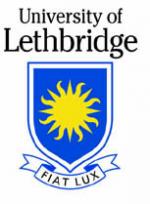Innovation Anthology #8:

Imagine something as simple as a gentle touch that helps repair the brain. That’s what Dr. Robbin Gibb is studying at the Canadian Centre for Behavioral Neuroscience in Lethbridge.
When the frontal cortex of baby rats is injured in the first week of life, there’s no hope for recovery. But if that same injury occurs in the second week of life, the rat’s brain can spontaneously repair itself.
Dr. Gibb also knew that tactile stimulation helps premature human babies do better. And so she wondered if it could also kickstart the recovery process in baby rats?
Using a soft camel hair brush similar to a makeup brush, the injured baby rats were stroked three times a day until they were 21 days old.
When tested later, the rats brains showed a remarkable recovery.
RG: The skin and brain happen to be formed at same time. It turns out that in the animals that received the tactile stimulation, they produced proteins that are involved in skin repair but are also involved in repairing the brain. This protein production was up-regulated in the animals that received the tactile stimulation.
Future experiments will test if tactile stimulation improves human infants with brain damage.
Thanks today to The University of Lethbridge.
FOR INNOVATION ANTHOLOGY, I’M CHERY CROUCHER
Guest
Robbin Gibb, PhD,
Canadian Centre for Behavioral Neurscience, University of Lethbridge, Lethbridge, Alberta, Canada,
Sponsor
University of Lethbridge
In 2007 The University of Lethbridge celebrated its 40th anniversary. The U of L campus is home to the world renowned Canadian Centre for Behavioral Neuroscience. The University is also a centre of expertise on water and remote sensing.
For more interviews with University of Lethbridge researchers, check out the website for Innovation Alberta. (2001-2008)

Program Date: 2007-02-08